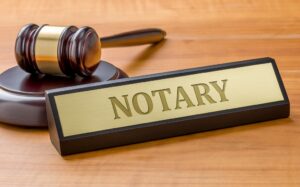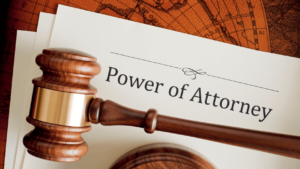In Thailand, translation and legalization services play a crucial role in legal, business, and personal matters, ensuring documents are accurately translated and officially recognized for use in both domestic and international contexts. Whether for visa applications, marriage registrations, business contracts, or legal proceedings, these services are indispensable for navigating multilingual and legal environments.
1. Translation Services in Thailand
1.1 Certified Translations
- Definition:
- Certified translations are official translations accompanied by a seal and signature from a licensed translator, verifying the accuracy of the content.
1.2 Types of Documents Translated
- Personal Documents:
- Birth certificates, marriage certificates, academic records, and passports.
- Business Documents:
- Contracts, company registrations, financial reports, and patents.
- Legal Documents:
- Court orders, power of attorney, and immigration documents.
1.3 Language Pairs
- Common language pairs include Thai-English, Thai-Chinese, and Thai-Japanese, catering to a wide range of international requirements.
1.4 Quality Assurance
- Translations must be precise and aligned with legal terminology, often requiring verification by experienced legal translators.
2. Legalization Services in Thailand
Legalization involves the process of certifying documents to ensure their authenticity for legal use abroad or within Thailand.
2.1 Key Steps in Legalization
- Notarization:
- Documents are notarized by authorized notary public officials to verify the signatures and content.
- Ministry of Foreign Affairs (MFA) Certification:
- The MFA certifies the notarized documents, adding an official stamp to confirm their authenticity.
- Embassy Authentication:
- For international use, foreign embassies in Thailand often require further authentication.
2.2 Commonly Legalized Documents
- Corporate Records:
- Business licenses, shareholder agreements, and incorporation documents.
- Personal Records:
- Birth and marriage certificates for immigration or citizenship applications.
- Academic Credentials:
- Diplomas and transcripts for overseas study or employment.
3. Legal Framework and Regulatory Bodies
- Ministry of Foreign Affairs (MFA):
- Oversees the legalization of documents for international use.
- Department of Business Development (DBD):
- Verifies corporate documents requiring legalization.
- Embassies and Consulates:
- Authenticate documents for use in their respective countries.
4. Challenges in Translation and Legalization
- Accuracy and Compliance:
- Legal and business documents require precise translations to avoid misinterpretations or disputes.
- Time Sensitivity:
- The multi-step process can be time-consuming, particularly for urgent applications.
- Cost Variability:
- Fees differ based on the complexity and volume of documents, as well as embassy requirements.
5. Practical Tips for Engaging Services
- Choose Certified Professionals:
- Ensure translators and legalizers are recognized by Thai authorities or international regulatory bodies.
- Verify Requirements:
- Check the specific legalization and translation requirements of the receiving country or institution.
- Plan for Timelines:
- Allow sufficient time for multi-step processes, especially for embassy authentication.
Conclusion
Translation and legalization services in Thailand provide vital support for individuals and businesses dealing with legal and international matters. By engaging certified professionals and understanding the required processes, clients can ensure their documents meet the necessary standards for official recognition. These services are essential for maintaining accuracy, compliance, and trust in legal and administrative transactions.












